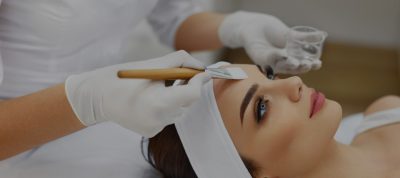For years, microbeads have been touted as a great agent for scrubs and other cleansing products. Their small size and perfectly round shape allow for manual exfoliation of dead skin cells without any harsh tearing or damage that other exfoliating agents with rougher edges may cause. They also create a smoother texture in products.
 But what seemed to be a convenient and effective product is now a source of controversy. It turns out that microbeads have a significant negative effect on the environment. Microbeads are made of plastic and, because microbeads are too small to be filtered from waste water, they are becoming a major source of pollution. They are washed down the drain and flow into streams, lakes, and oceans. Once in the water supply, the microbeads are swallowed by birds, fish, and other marine life and, through the food chain, they eventually wind up in our food.
But what seemed to be a convenient and effective product is now a source of controversy. It turns out that microbeads have a significant negative effect on the environment. Microbeads are made of plastic and, because microbeads are too small to be filtered from waste water, they are becoming a major source of pollution. They are washed down the drain and flow into streams, lakes, and oceans. Once in the water supply, the microbeads are swallowed by birds, fish, and other marine life and, through the food chain, they eventually wind up in our food.
Microbeads have been especially harmful to the Great Lakes region. Studies have shown a high concentration of microbeads have collected there, especially in Lake Erie. They account for 81% of the plastic pollution in the Great Lakes. Because of this, the state of Illinois passed legislation to ban the manufacture and sale of microbead products.
Other states are following suit with varying degrees of success. Unfortunately, the proposed bill to ban them in California failed to pass in August of 2014. Still, many activist groups are working to raise awareness. There is an app called “Beat the Microbead” to inform consumers of which products contain microbeads. There are many excellent alternatives out there.
Student resources











